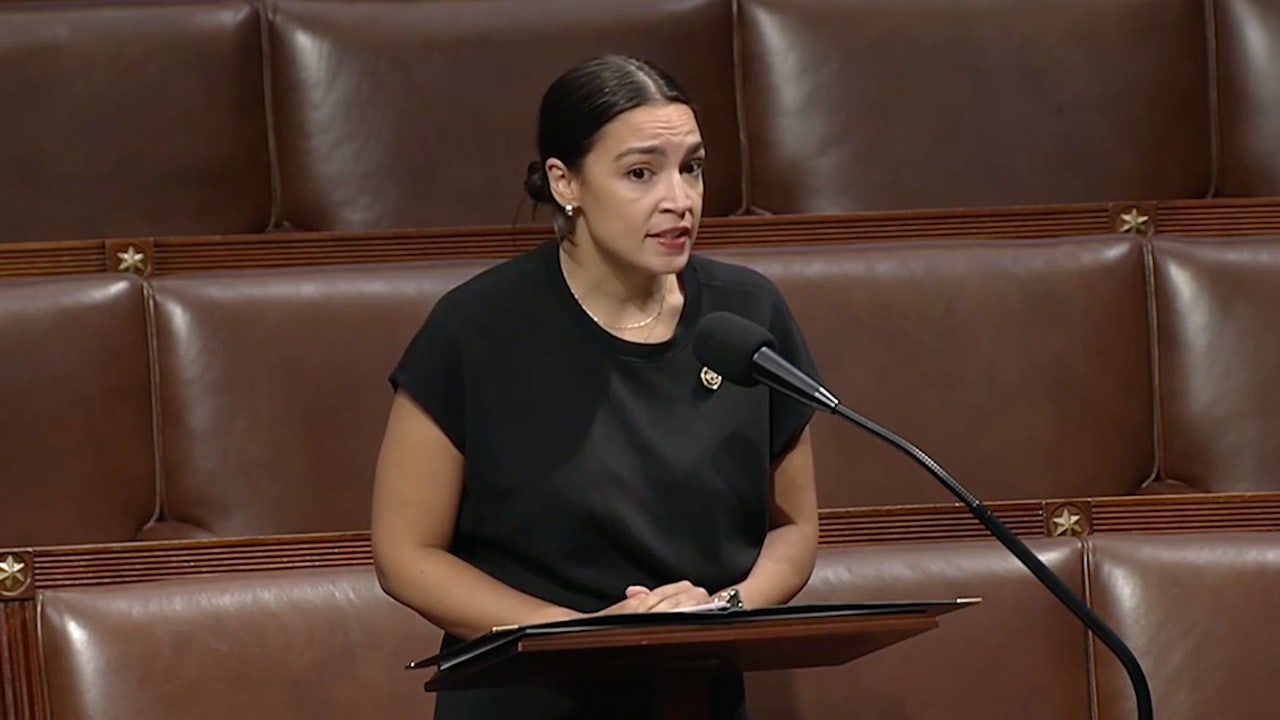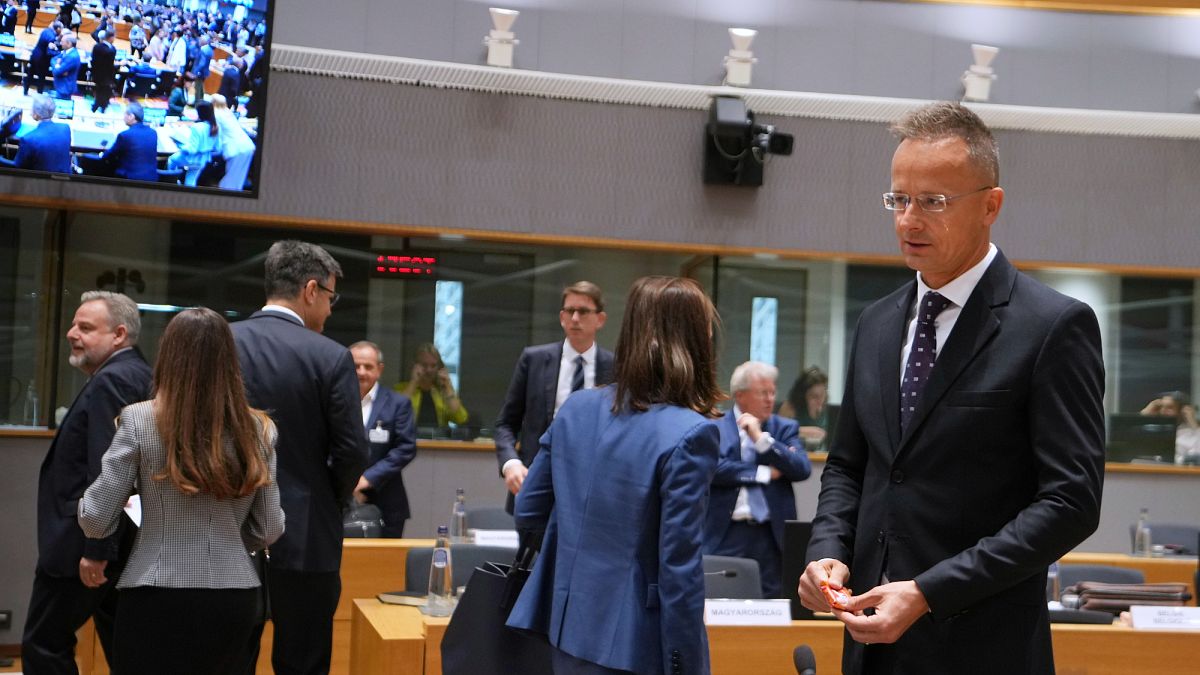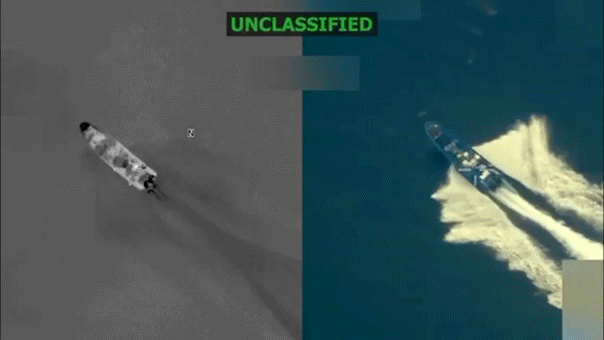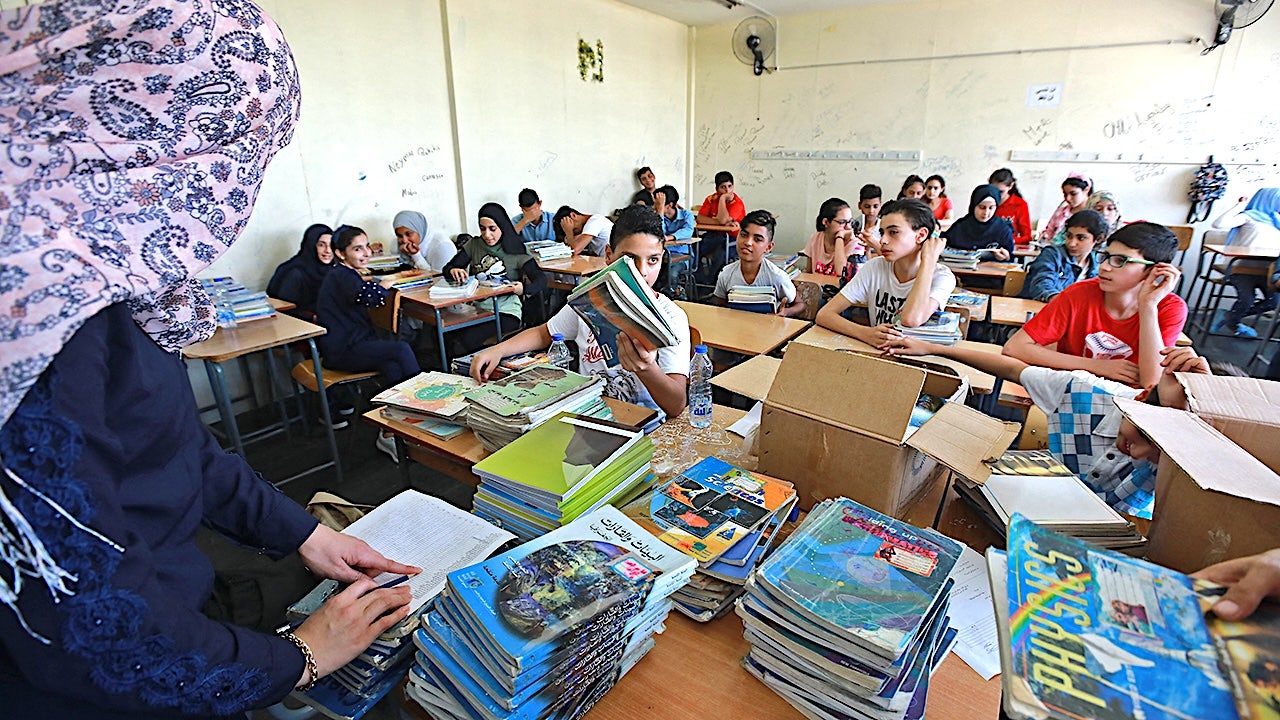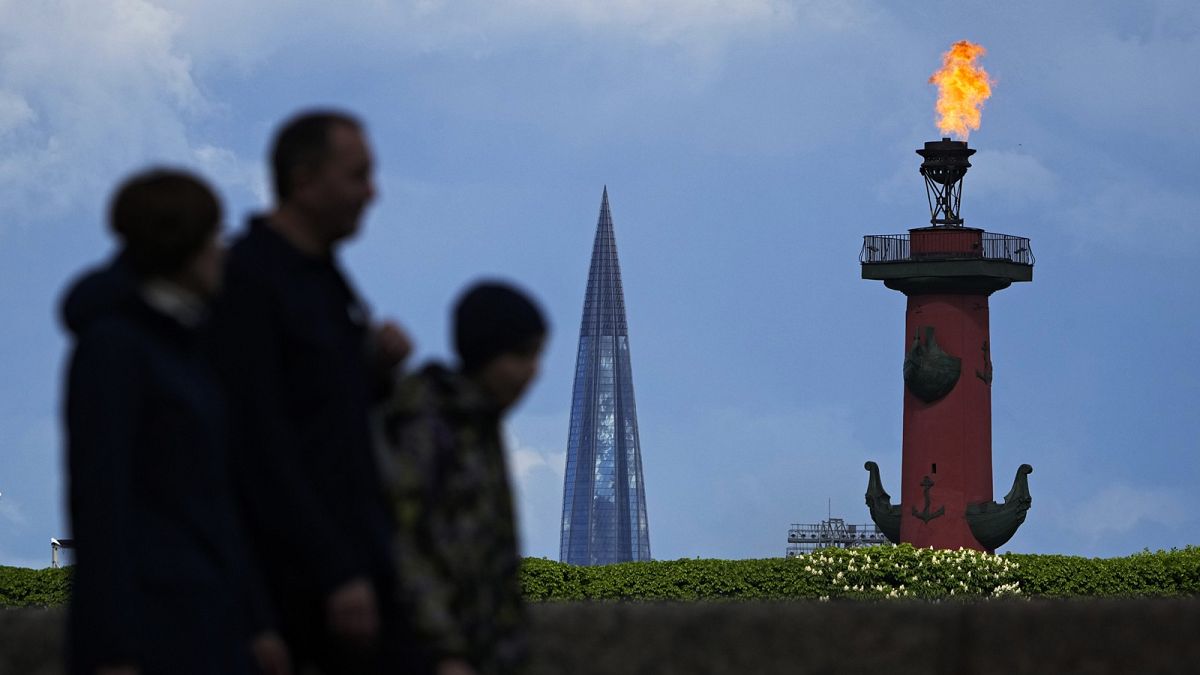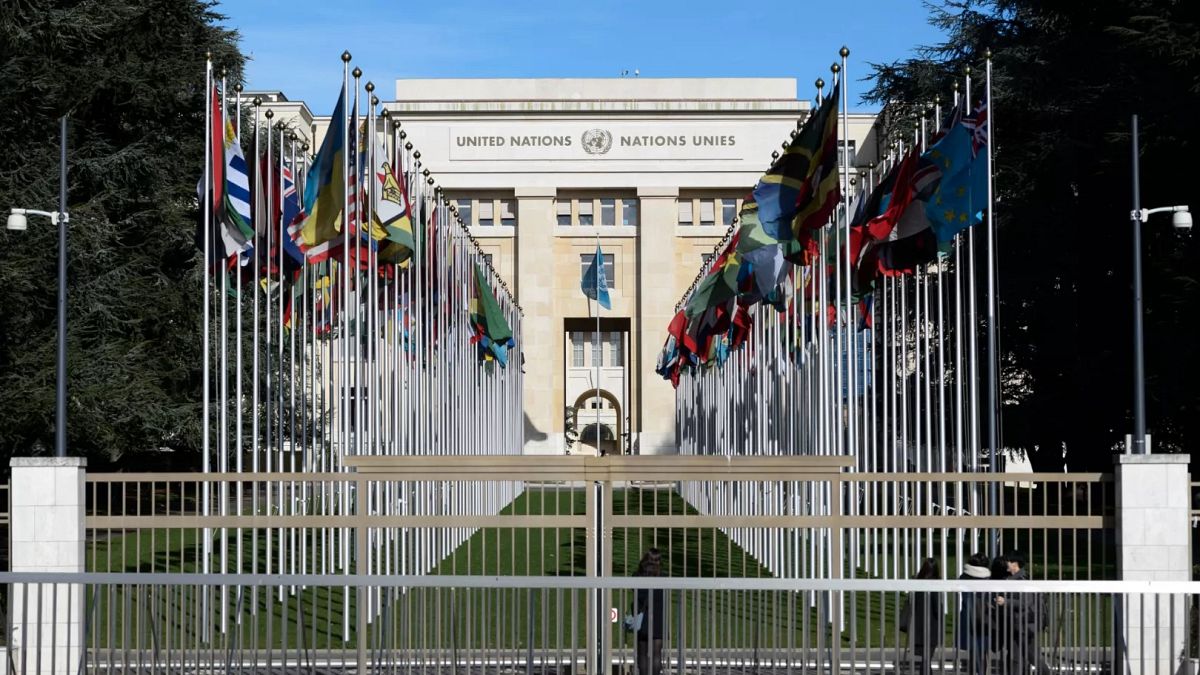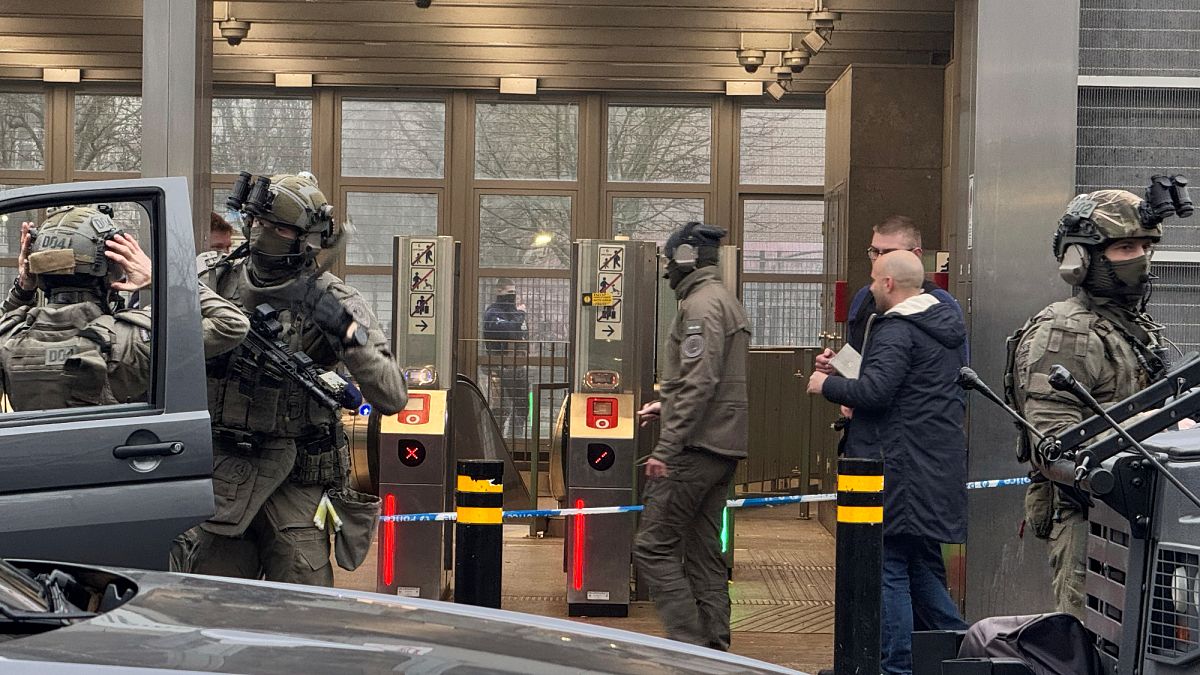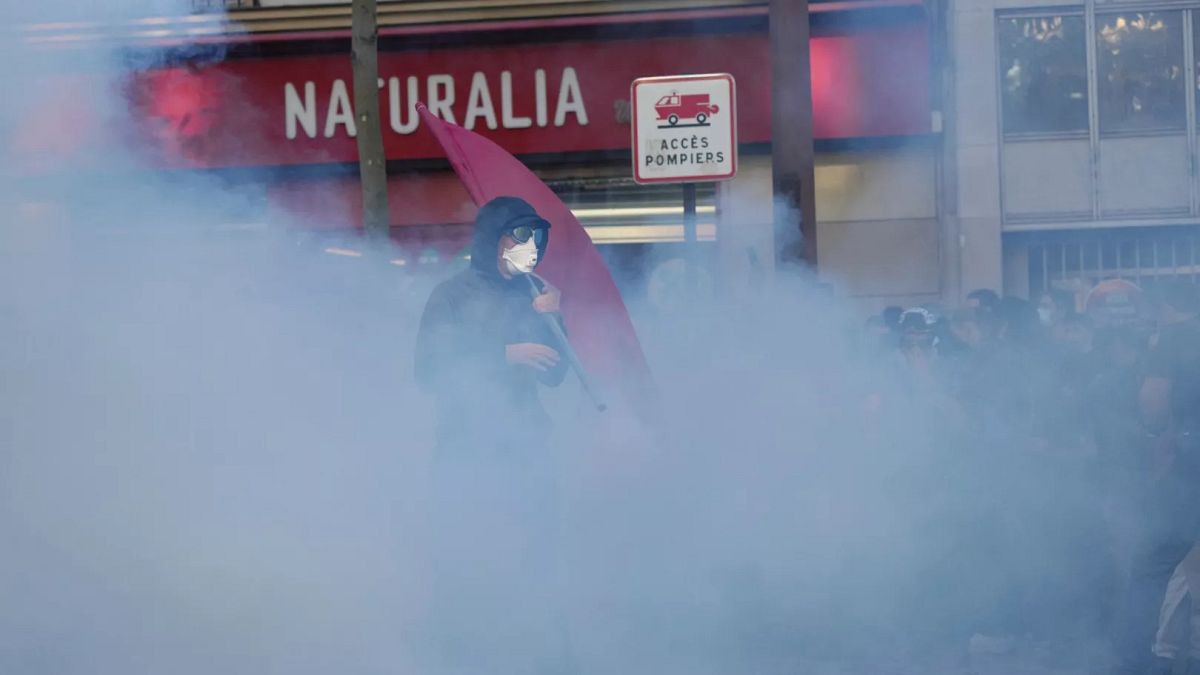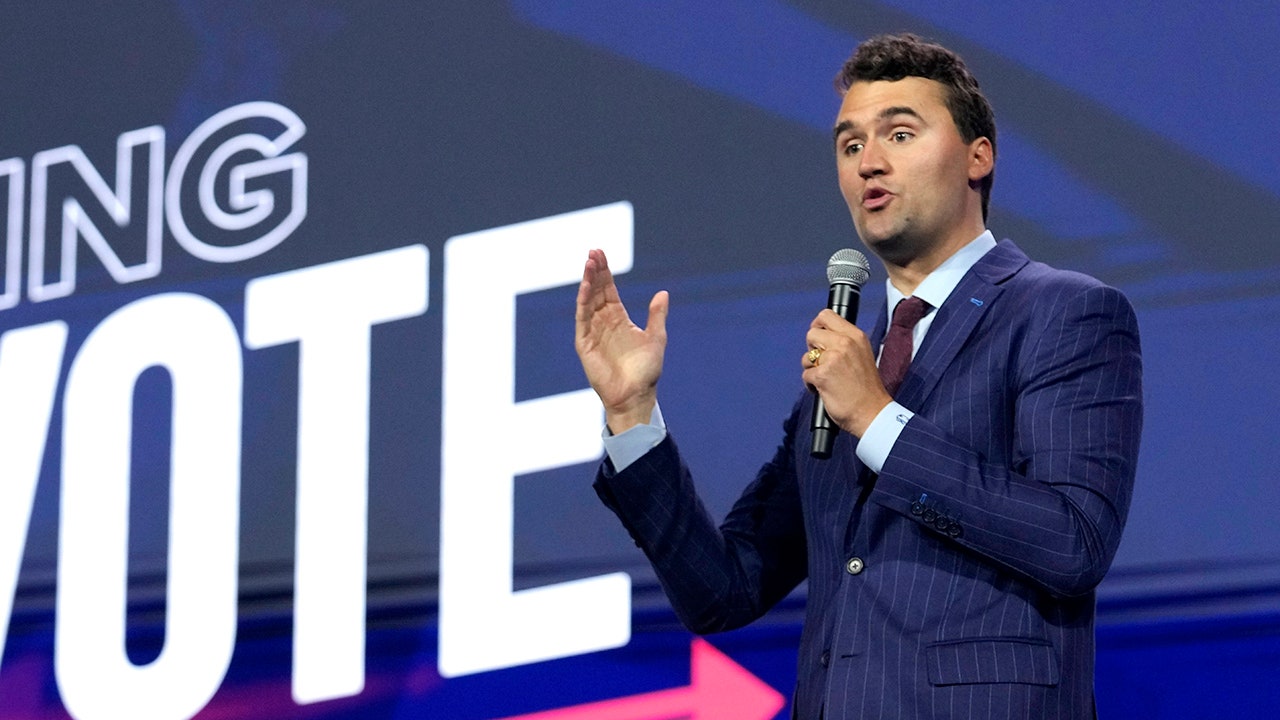Published on
Hungary and Slovakia announced they would block the EU’s 18th sanctions package against Russia during the Foreign Affairs Council in Brussels, Hungarian Foreign Minister Péter Szijjártó said on Monday, adding that the move came in response to the European Commission’s RePowerEU plan that aims to cease all energy imports from Russia.
“They demanded today that we create a sanctions package that is as strong, as comprehensive, and as severely punishing the energy sector as possible. However, we, together with Slovakia, prevented the adoption of the sanctions package today. We did this because, in parallel with all this, the EU wants to prohibit the member states, Hungary and Slovakia, from buying cheap Russian natural gas and cheap Russian crude oil, as we have been doing so far,” Szijjártó said.
The adoption of the sanctions package was not on the official agenda of EU foreign ministers at the meeting, though interventions and political statements were made on the issue. A substantive vote on the sanctions package will come in a meeting of ambassadors in Brussels.
Hungary and Slovakia are frustrated with the Commission’s phase-out plans
The Hungarian minister argued that Brussels’ proposal to cut gas and oil imports from Russia would hit Hungary and Slovakia badly.
“This proposal would destroy Hungary’s energy security, this proposal would put us in a position of severe dependence in terms of energy subsidies, and this proposal would double or triple the utility costs paid by Hungarian families,” the minister added.
Szijjártó recalled that in 2022, when the EU sanctioned Russian oil imports, both Slovakia and Hungary negotiated an opt-out. By contrast, the procedure through which the Commission has implemented its REpowerEU plans leave no member states with the chance to wield a veto.
The European Commission’s plans would gradually phase out energy imports from Russia by 2027. According to the Commission, this would end the EU’s dependency on Russian fossil fuels and ultimately boost competitiveness.
“Russia has repeatedly attempted to blackmail us by weaponising its energy supplies. We have taken clear steps to turn off the tap and end the era of Russian fossil fuels in Europe for good,” Commission President Ursula von der Leyen said when introducing the proposal.
The EU’s fresh proposal for sanctions proposals was released at the beginning of June, would blacklist an additional 22 Russian banks and extend the ban on transactions to entities based outside the country that contribute to the circumvention of sanctions. They would ban financial transactions with the North Stream pipeline.
Hungary is also opposed to Ukraine’s EU accession
Péter Szijjártó also made clear during a press conference in Brussels that Hungary isn’t willing to support any statement in support of Ukraine’s EU accession at the European Council later this week.
“The Ukrainians cannot make a single step towards accession until the Hungarian cultural community’s rights are returned. No pressure from Brussels would force us to give up [this condition],” the minister said.
The Hungarian government has been critical of Ukraine because it sees Kyiv as limiting the language and educational rights of the Hungarian minorities in Ukraine’s Transcarpathia region. The government of Viktor Orbán also launched a campaign against Ukraine’s EU accession, portraying this as an imminent threat to the EU’s economy. At earlier EU summits 26 member states issued statements in support of Ukraine’s accession without Hungary.
Read the full article here




